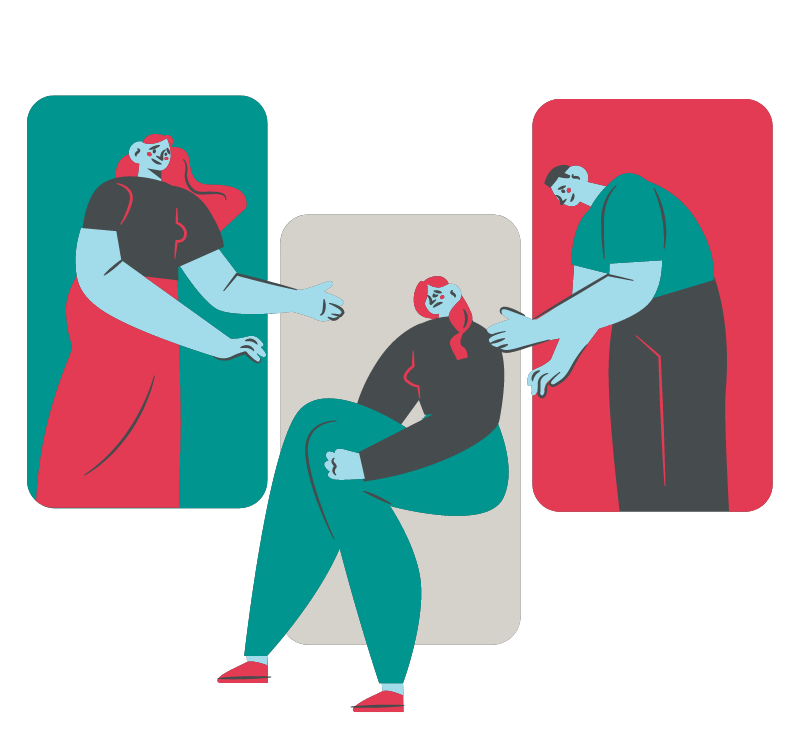Self Care and Mental Health Resources
In 2020, students across the country learned the same unfortunate lesson — how to adapt to drastic change. Due to the COVID-19 pandemic, schools temporarily closed, creating limitations for students to access a central source of support, socialization, and academic and personal growth.
This drastic change paired with the transition to online learning increased anxiety and isolation among students and their family members. With the 24/7 nature of social media and news push notifications, self-care isn’t just important but necessary to maintain good mental health.
During times of change and uncertainty, everyone needs to take steps to maintain mental, emotional, and physical health while remaining connected to a larger sense of community.
Make yourself a priority by trying self-care tips recommended by mental health experts:
Maintain connections
Social distance doesn’t have to mean social isolation. Set up virtual get-togethers, phone calls, or group texts with friends or family members can significantly improve your mental health and help you feel less alone.
Take care of your body
Take a break from the news and social media
Go outdoors
Stick with a daily meditation practice
Give yourself permission to cry
Take deep breaths
Prioritize sleep
Avoid self-medicating
Listen to music
Find a hobby
Set goals
Try online, remote therapy options
Depression
Adolescent Depression Awareness Program (ADAP): Round Rock ISD parent presentation by Dr. Karen Swartz, M.D. of Johns Hopkins Hospital
Coping with Grief: The Christi Center or The Austin Center for Grief and Loss
Information for the LGBTQIA+ Community and Families
Identity and Culture
Online Safety
Coping with Grief

Suicide
“13 Reasons Why”: Talking points for parents
eResources for Suicide Prevention in Texas
What Parents Can Do: The Jason Foundation
What Students Can Do: The Jason Foundation
Transition and Stress Relief
Community Mental Health Resources
Developing Study Skills for Your Learning Style
Identifying Signs of Stress in Children & Teens
Round Rock ISD High School Course Catalog
Round Rock ISD Middle School Course Catalog
Round Rock ISD Middle School to High School Transition Guide
Social Media Resources for Parents and Students (Spanish Version)
Supporting the Transition to Elementary School, Middle School, High School, or College
